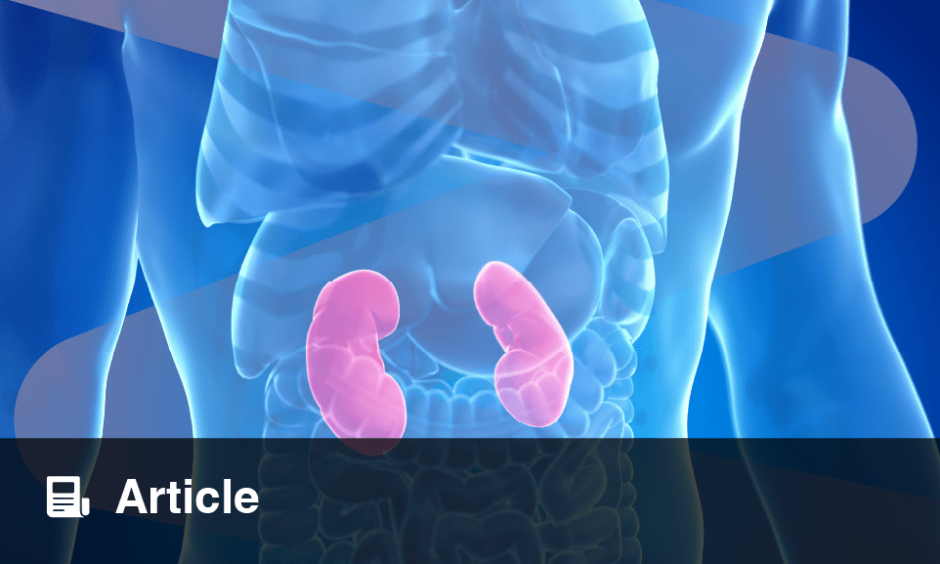ADULTS with elevated levels of calcium and oxalate in their urine may be at a heightened risk for developing kidney stones, according to a new study published by researchers at the Università degli Studi di Verona, Italy. The study, which analysed data from over 6,000 participants, underscores the significance of urinary chemistry in the formation of kidney stones, a common and painful condition in Western countries.
“Kidney stones are a prevalent ailment, known for their tendency to recur,” said the study’s lead author. “The minerals most commonly found in kidney stones, such as calcium oxalate and calcium phosphate, are directly influenced by urinary excretions of calcium, oxalate, and phosphorus, as well as overall urine volume.”
The study involved a detailed examination of 9,045 24-hour urine samples from participants in the Health Professionals Follow-Up Study and Nurses’ Health Studies I and II. Researchers focused on key urinary factors including calcium, citrate, oxalate, potassium, magnesium, uric acid, phosphorus, and sodium concentrations, as well as urine volume and pH levels. The primary outcome measured was the occurrence of symptomatic kidney stones.
The findings revealed that higher urinary levels of calcium, oxalate, phosphorus, and sodium were significantly associated with an increased risk of kidney stone formation. Conversely, increased urine volume and higher levels of uric acid, citrate, potassium, and magnesium were linked to a reduced risk. Interestingly, urine pH was not found to have a significant impact on the likelihood of developing kidney stones.
The study also noted that while most relationships between urinary factors and stone formation were linear, the effects of oxalate, citrate, urine volume, phosphorus, potassium, and magnesium on stone risk were slightly less pronounced at higher concentrations.
These results showed potential implications for the clinical management of kidney stone patients. Researchers suggest that dietary and pharmacological interventions aimed at increasing urine volume, reducing calcium excretion, and boosting citrate levels could be prioritized. Recommendations include increasing fluid intake, consuming more alkali-rich foods, reducing sodium and animal protein intake, and considering the use of thiazide diuretics and supplemental alkali.
The study highlighted the critical role of urine chemistry in kidney stone prevention and offers actionable strategies for reducing the burden of this common condition.
Victoria Antoniou, EMJ
Reference
Ferraro PM et al. 24-hour urinary chemistries and kidney stone risk. Am J Kidney Dis. 2024;84(2):164-9.








